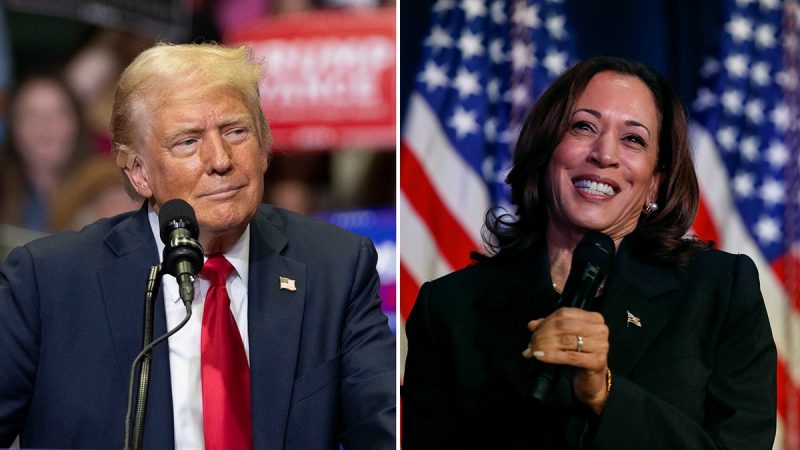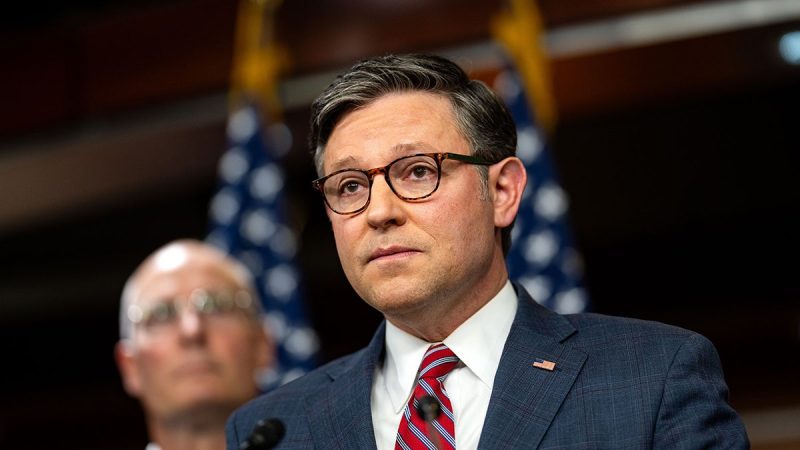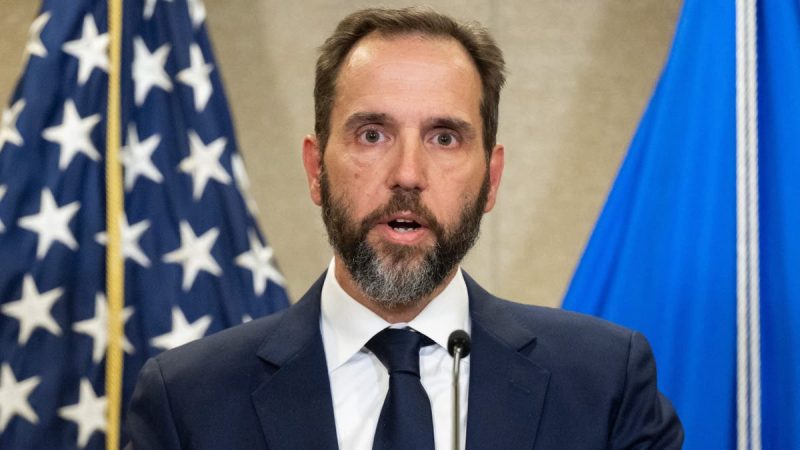
Can Harris use Biden’s campaign funds? And is she eligible to appear on general election ballot?
President Biden’s decision to stand down from re-election yesterday is unprecedented in its timing.
No presidential candidate has ever announced that they were not seeking another term this close to Election Day.
The decision has made Vice President Harris the overwhelming favorite for the Democratic Party nomination.
Today’s Fox News Power Rankings explains how Harris’ elevation could reshape the race and what comes next in Democrats’ nominating process.
This guide provides answers to two more burning questions about the move.
First, how Harris is likely able to use Biden’s existing campaign funds; second, why she can appear on all 50 states’ general election ballots.
Harris and/or Democrats can likely use Biden’s existing campaign funds
Harris has received endorsements from the vast majority of Democratic Party leaders and luminaries.
While the party has not yet formally nominated a candidate and this cycle has been unpredictable, this guide will presume that she is the Democrat presidential nominee.
The existing ‘Team Biden-Harris’ campaign had $240 million cash on hand at the end of June, and that money is critical to Harris’ election bid.
Harris is likely to be able to use it.
The figure above is one number, but it is calculated by taking the Biden-Harris campaign committee’s cash as well as that of the Democratic National Committee, the state parties, joint fundraising committees and allied political action committees (PACs).
Only the Biden-Harris campaign committee part of the overall number is even in question, since the DNC, state parties and other groups listed above are their own entities.
According to FEC filings, the Biden-Harris campaign committee had just under $96 million in cash on hand at the end of June.
As for that $96 million, Harris is likely to be able to use all of that, too.
An analysis of FEC rules indicates that since Harris was running with Biden, she would have access to those specific funds.
Shanna Ports, senior legal counsel at the Campaign Legal Center, told the Wall Street Journal that ‘she would maintain access to all the funds in the committee and could use them to advance her presidential candidacy.’
That is not a guarantee, and anti-Harris groups may litigate the issue. The Republican chair of the FEC has referenced a rule that general election funds in that figure are subject to refund unless they are appropriately reassigned or redistributed.
Even if Harris couldn’t inherit the funds directly, precedent suggests that Biden’s committee could transfer money to the Democratic National Committee.
That would put Democrats in as strong a position as if the money went directly to Harris.
Another clear option would be to transfer the funds to a super PAC, though that is less financially efficient. Super PACs cannot coordinate with a campaign, and they are often subject to higher advertising rates.
Harris can appear on all 50 states’ general election ballots
No deadlines have passed that would prevent or ‘lock out’ Harris from appearing on a general election ballot in any of the 50 states.
Remember, Democrats had not yet formally nominated Biden – the Democratic National Convention is scheduled for next month. Until yesterday, he was merely the ‘presumptive nominee.’ (Republicans made former President Trump their formal nominee at the Republican National Convention last week.)
This means there is no need for a ‘change’ or ‘swap’ on general election ballots.
The party just needs to nominate a candidate before any general election ballot access deadlines.
That understanding of ballot access rules is supported by local elections officials. One senior official in the Republican-run battleground state of Georgia said on Monday, ‘Biden dropping out will not impact Georgia ballots. As the Democrats haven’t had a convention, there is no ‘nominee’ to replace.’
Democrats have consistently viewed Ohio as the first ballot access deadline on Aug. 7 (there is disagreement over whether the deadline is that early following legislative changes; for the purposes of this analysis, it only matters that Democrats consider the deadline Aug. 7).
As long as the party has a formal nominee by that date, or is persuaded that the Ohio deadline is later, then Harris is set to appear on every state ballot.



